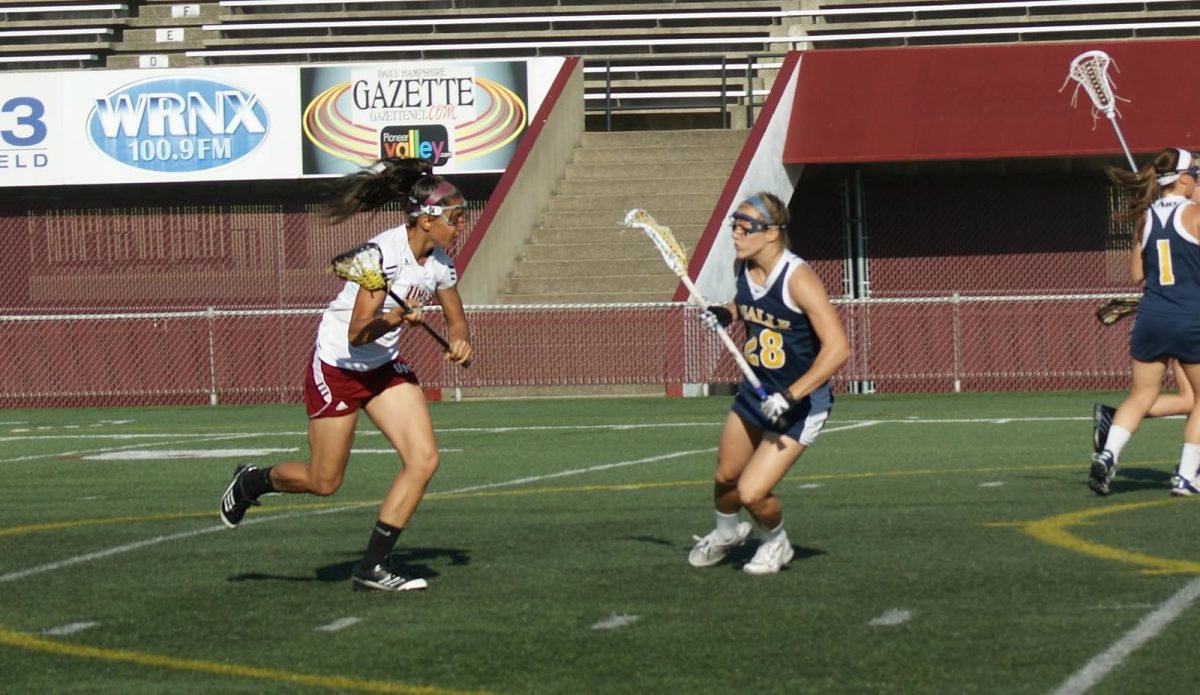BAGHDAD, Iraq (AP) – Iraq’s parliament recommended Tuesday that President Saddam Hussein reject the new U.N. weapons inspection resolution, but the Iraqi leader’s son offered a way out – make Arabs part of the U.N. team.
Odai Saddam Hussein’s proposal, which echoes one from the Arab League, didn’t impress Washington. The United States insists Iraq accept the U.N. resolution without quibbling in order to avoid war. The final decision rests with Saddam, who must respond to the United Nations by Friday.
“There’s nothing in this resolution that is negotiable,” Sean McCormack, President Bush’s spokesman, said in Washington.
Bush scoffed at the Iraqi parliament’s rejection of the U.N. resolution.
“If Saddam Hussein does not comply to the detail of the resolution, we will lead a coalition to disarm him,” Bush said Tuesday in Washington.
U.N. Secretary-General Kofi Annan said he would be happy to accept Iraq’s response to the U.N. resolution anytime before the end of the day Friday, the U.N.-imposed deadline.
“We haven’t fixed any precise time, but I think everybody will be satisfied if we got a letter … by the end of the day on the 15th,” Annan told reporters.
Iraqi representatives, who must pledge loyalty to Saddam to earn a place in the 250-seat parliament, voted unanimously Tuesday to recommend rejecting the U.N. resolution.
Parliament Speaker Saadoun Hammadi described the vote as “a message to the United States that the people of Iraq are united behind their leadership, and it also shows that the people of Iraq know that in the U.N. resolution … there are major allegations which are baseless.”
The parliamentary resolution went on to say the “political leadership” should “adopt what it considers appropriate to defend the Iraqi people and Iraq’s independence and dignity, and authorizes President Saddam Hussein to adopt what he sees as appropriate, expressing our full support for his wise leadership.”
Russia’s Interfax news agency quoted Russian Deputy Foreign Minister Yuri Fedotov as calling on Baghdad “to exercise self-control and pragmatism” by accepting U.N. Resolution 1441, which would open the way for the return of weapons inspectors to Iraq.
In the clearest such statement yet from France, Foreign Minister Dominique de Villepin said on France-Inter radio that force would be used against Saddam if he does not cooperate with U.N. weapons inspectors. France had opposed making the recourse to force automatic.
Meanwhile, The New York Times reported Tuesday that Iraq has ordered large amounts of atropine, a drug that can be used to counter the effects of nerve gas, mainly from Turkish suppliers. The Times, quoting Bush administration officials, said the United States is pressing Turkey to stop the sales.
“If the Iraqis were going to use nerve agents, they would want to take steps to protect their own soldiers, if not their population,” the newspaper quoted a U.S. official as saying.
Turkish Health Ministry spokesman Ebubekir Akkaynak told the Associated Press that Iraq had made no such order. Turkey’s Union of Medicine Manufacturers said it was unaware of any request for atropine from Iraq, and Mustafa Karpuzcu, general director of Drogsan, a Turkish manufacturer of atropine, said the company had no commercial ties with Iraq and had not received any orders from Baghdad.
If Iraq rejects the inspections resolution, or accepts it but fails to follow its tough provisions, the United States and Britain have made clear they will attack Iraq.
The U.N. resolution demands unrestricted access to any suspected weapons site and the right to interview Iraqi scientists outside the country and without Iraqi officials present. Iraq, which maintains it no longer has weapons of mass destruction, has insisted on respect for its sovereignty, an argument it has used previously to restrict access to Saddam’s many palaces.
Saddam’s son, Odai, who appealed for approval of the U.N. resolution in a letter distributed to lawmakers before Tuesday’s vote, said weapons inspectors should include experts from Arab countries.
Arab League foreign ministers who met last weekend in Egypt and urged Saddam to accept the U.N. resolution also demanded that Arab arms experts be included on the U.N. teams.
Jacques Baute, the chief U.N. nuclear inspector, suggested in comments to AP in Vienna that Arabs would be included in the teams being drawn up for the nuclear search as a matter of common sense.
“We will have some Arab speakers of various nationalities,” he said, adding it was “essential” for teams to be able to communicate with the Iraqis.
U.N. chief inspector Hans Blix’s office said six Jordanians, one Moroccan and five Turks were among the inspectors from 49 countries that it has trained.
Odai Saddam Hussein, who won 99.99 percent of the vote in his constituency in the last parliamentary elections in 2000, has a high profile in Iraq, running an influential newspaper and a television station. He was considered the main successor to his father until he was badly wounded in a 1996 assassination attempt.
His younger brother, Qusai, is now believed to hold a stronger position and holds several important posts, including head of the elite Republican Guards.
In his letter Tuesday, Odai Saddam Hussein said acceptance of the U.N. resolution would not necessarily ward off war.
“We also have to take precautions and measures and here we have to ask the Arab countries to immediately cut oil supplies to those countries that launch a military strike or aggression on Iraq and to any country that allows foreign war planes to use their airports or offer logistic support for them for refueling,” his letter said.
Arab oil producers have ignored similar calls from Iraq in the past, saying stopping sales was not in their interest.
While Iraq’s Arab neighbors publicly oppose any military strike on Iraq, they distrust Saddam and are likely to try to protect their relationship with Washington by quietly cooperating in any war on Baghdad.
Iraq has sought to rally support among ordinary Arabs in particular, but Odai Saddam Hussein noted in his letter that pro-Iraqi street protests in neighboring countries have been muted.






